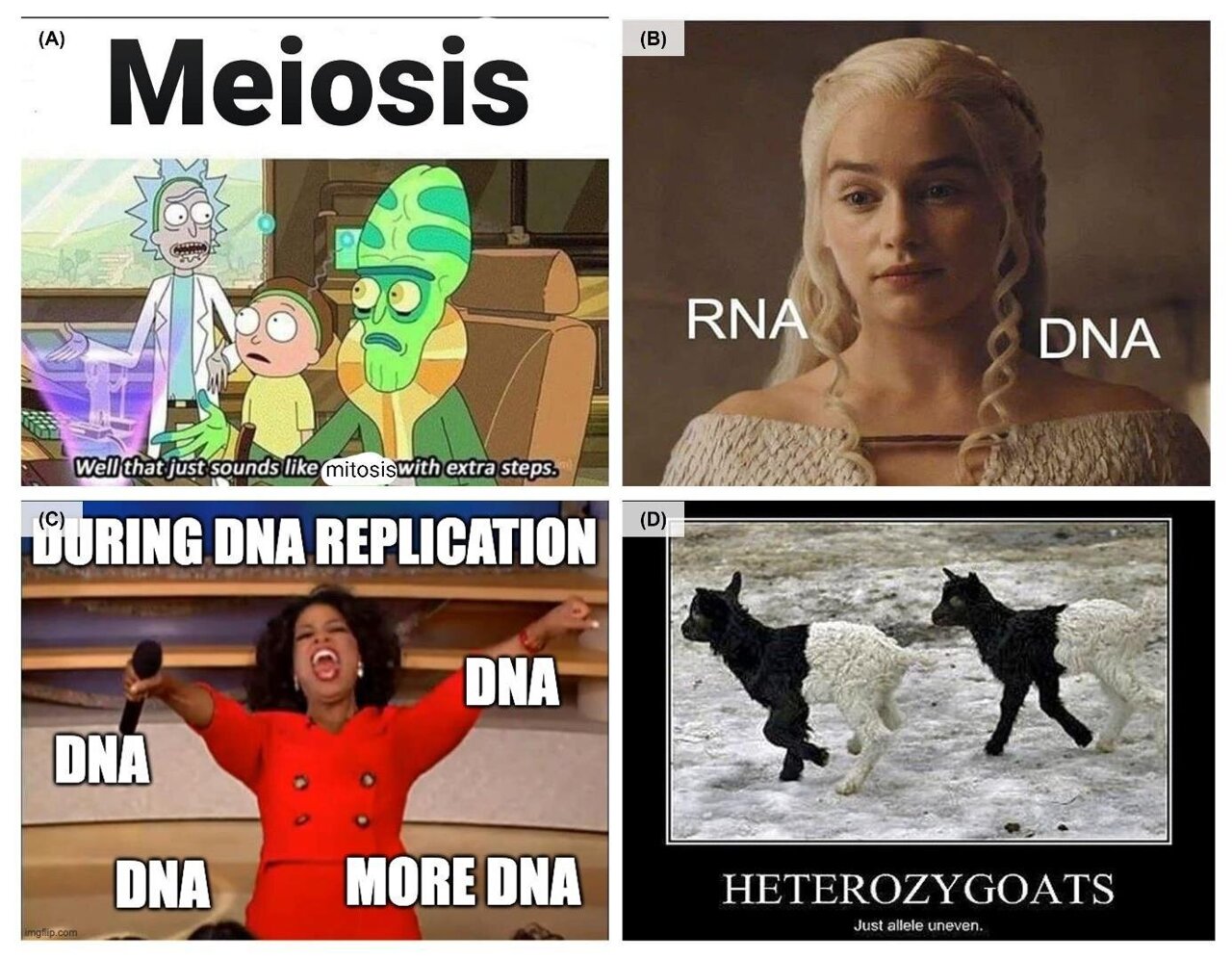Laugh, Learn, Repeat: How Internet Memes Are Revolutionizing Science Education

In a groundbreaking study, researchers from Ateneo de Manila University have discovered an innovative approach to science education that could revolutionize how students learn complex concepts. By leveraging the power of internet memes, the team found that senior high school students can significantly enhance their understanding and retention of scientific material.
The research reveals that integrating popular meme formats into educational content makes learning more interactive, relatable, and enjoyable. Students who were exposed to science lessons incorporating memes demonstrated markedly improved learning outcomes compared to traditional teaching methods. This approach taps into the digital literacy and visual communication skills of today's tech-savvy students.
By transforming complex scientific principles into humorous and shareable visual content, educators can bridge the gap between academic material and student engagement. The study highlights the potential of using contemporary digital communication strategies to make science more accessible and appealing to young learners.
This innovative teaching method not only improves academic performance but also helps students develop a more positive and enthusiastic attitude towards scientific learning. As education continues to evolve in the digital age, such creative approaches promise to make learning more dynamic and effective.

